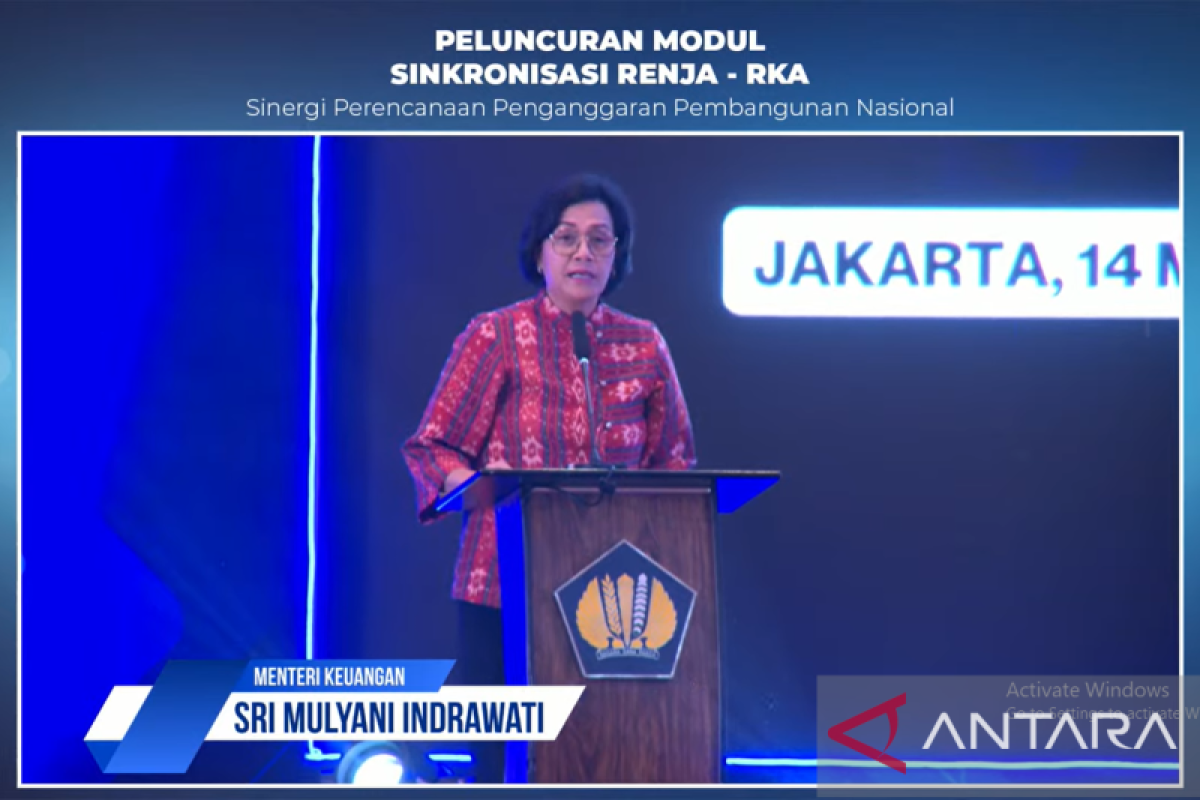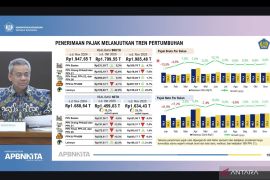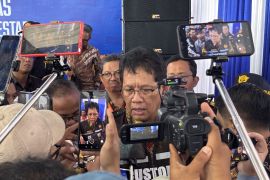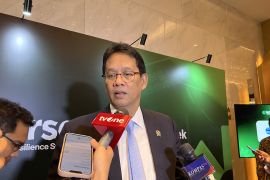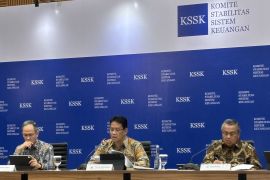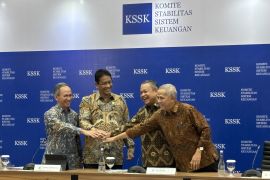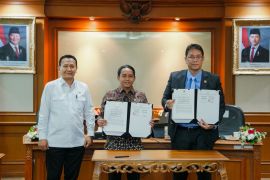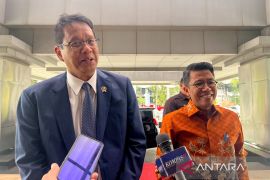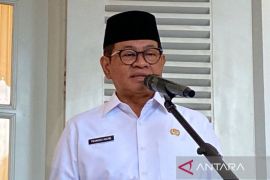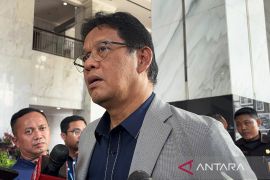"Of course, we all expect that with an application created, supposedly it can reduce the (processing) time and facilitate the budget users to plan, and then get the budget, and be accountable for that said budget," the minister added.
She made the remarks at the launch of the synchronization of the Work Plan for Ministries and Institutions and the Budgeting Plan for Ministries and Institutions, which was accessed from here on Tuesday.
Minister Indrawati informed that synchronizing planning and budgeting will remove repetitive processes and ultimately reform the bureaucracy to make it more effective and efficient, thereby improving national development.
"Synchronization (cuts down) processes from 13 to eight processes," she pointed out.
By integrating the two, the state budget, which is a limited resource, can be allocated efficiently for national development.
"A challenge for a state is using the budget as good, as efficiently as possible in order to meet the national target," she noted.
Meanwhile, National Development Planning Minister Suharso Monoarfa said that planning and budgeting are important aspects of the government system as a means to reach the national development target and to ensure that the state budget is allocated effectively.
"Separated planning and budgeting process, of course, will lead to deviation," he added.
National planning and budgeting follow some principles, such as designing and setting up the long-term priority target of a state, Minister Monoarfa said.
They also involve annual budgeting based on national medium-term development planning as well as the strategic planning of each institution and ministry, he added.
Moreover, monitoring and evaluation are important parts of the process for ensuring that the resources are allocated in an effective and sustainable manner to meet the desired target, the minister said.
According to Monoarfa, in following the principles, his ministry always carries out efforts to improve documents on planning by emphasizing the continuity of long-term, medium-term, and annual planning; strengthening central and regional government coordination; making the planning and budgeting process more accountable and transparent; and improving the monitoring and evaluation of budgeting.
"All of this we do to ensure that documents on planning have been arranged in a comprehensive manner, which is in line with development priorities, as well as scientifically accountable," he elaborated.
Government Regulation Number 17 of 2017 about national development planning and budgeting synchronization requires the Finance Ministry and the National Development Planning Ministry to integrate annual planning and budgeting to control the development program well and ensure that government programs are conducted accordingly.
Related news: State budget supports gender-based budgeting since 2000: Minister
Related news: Home Affairs Ministry is ready to integrate e-planning, e-budgeting
Translator: Martha Herlinawati S, Mecca Yumna
Editor: Rahmad Nasution
Copyright © ANTARA 2023
